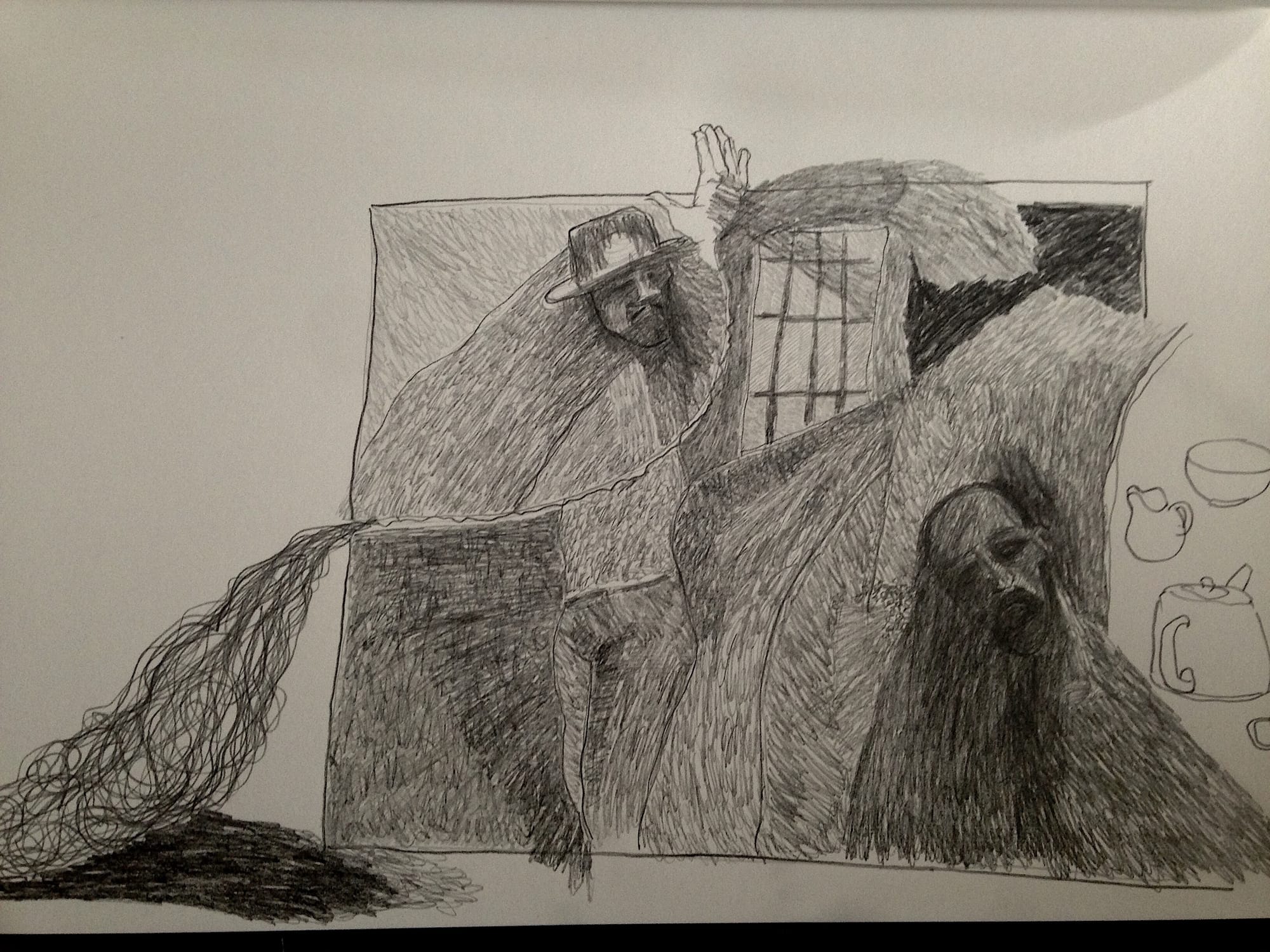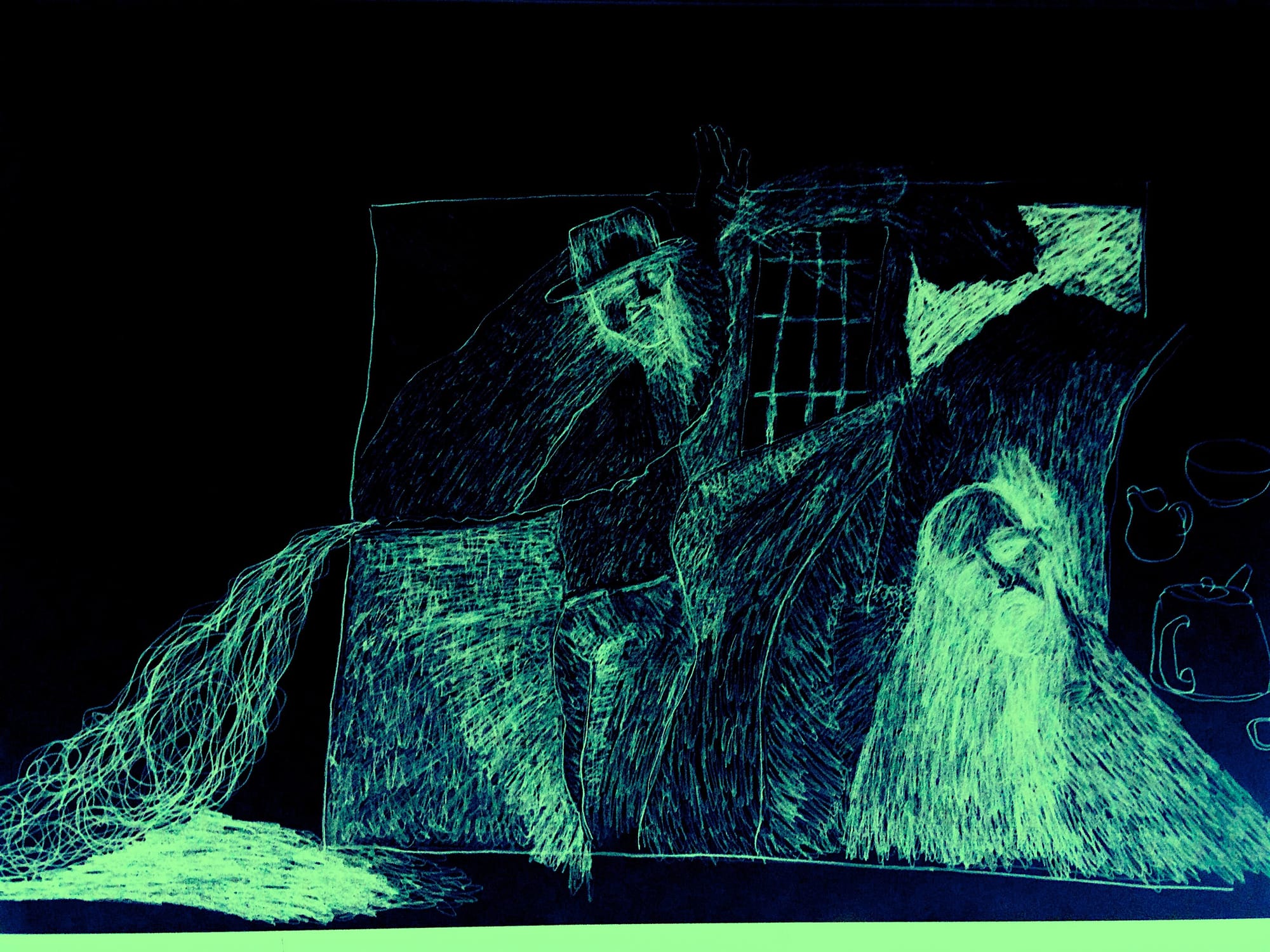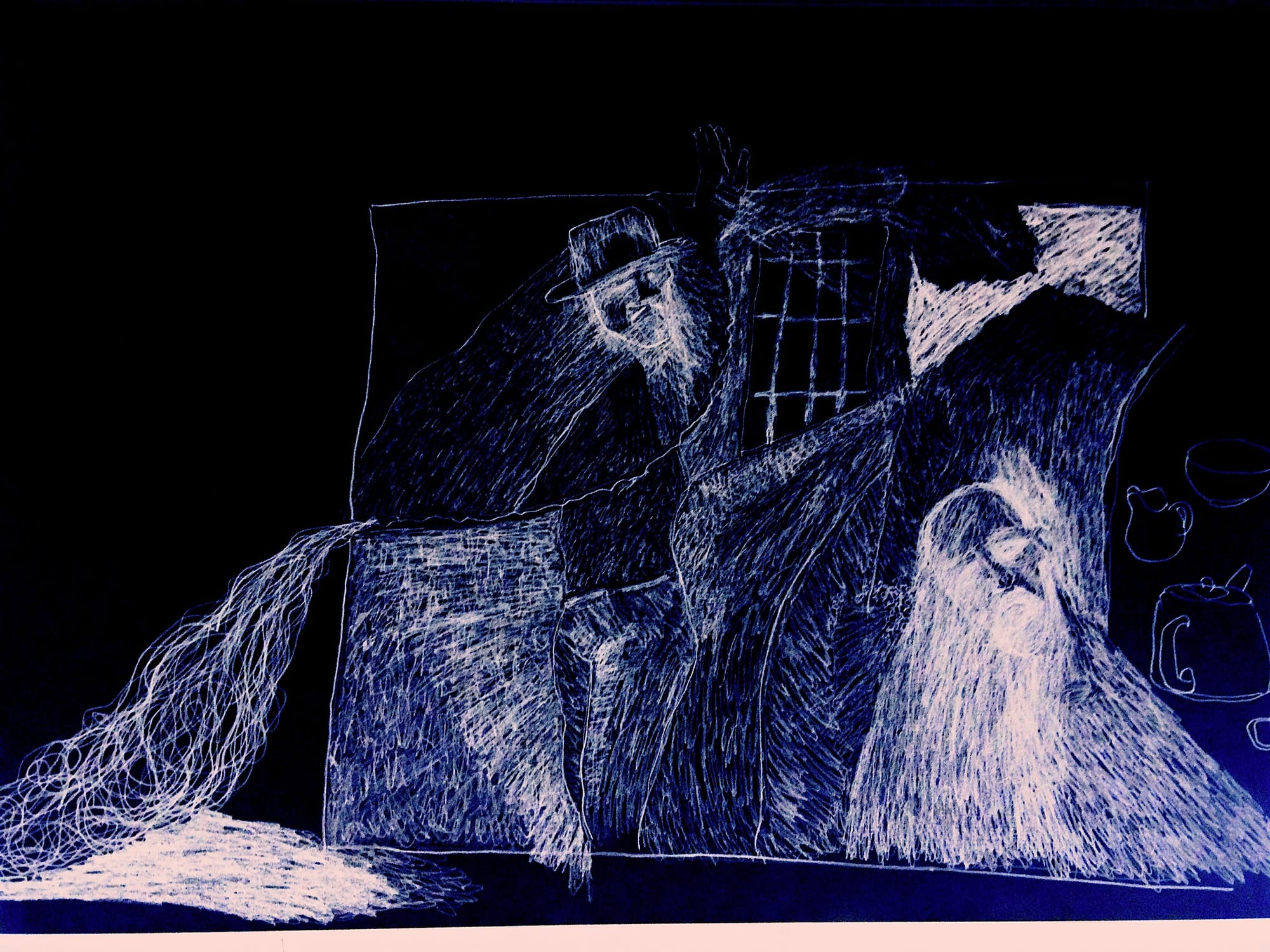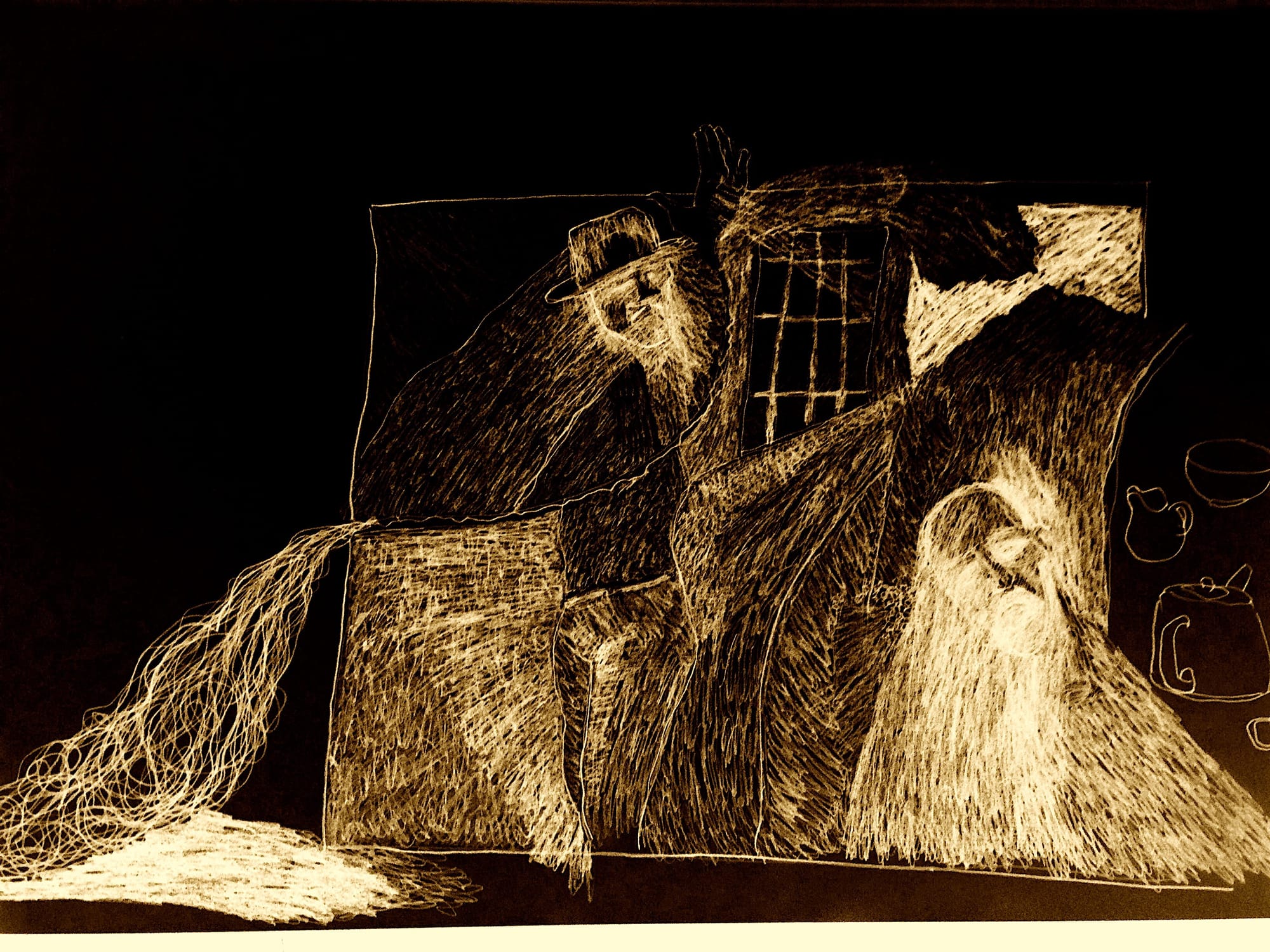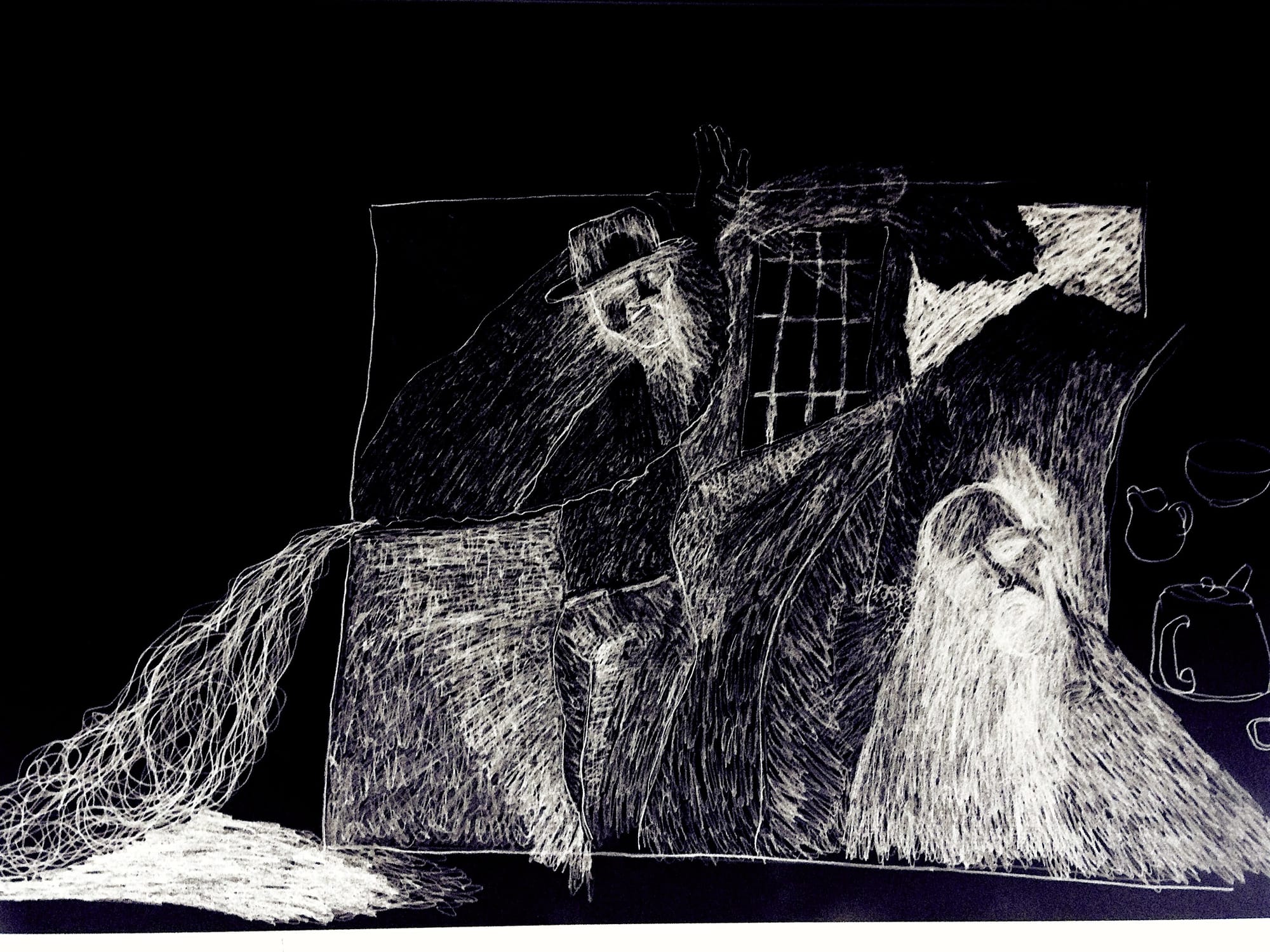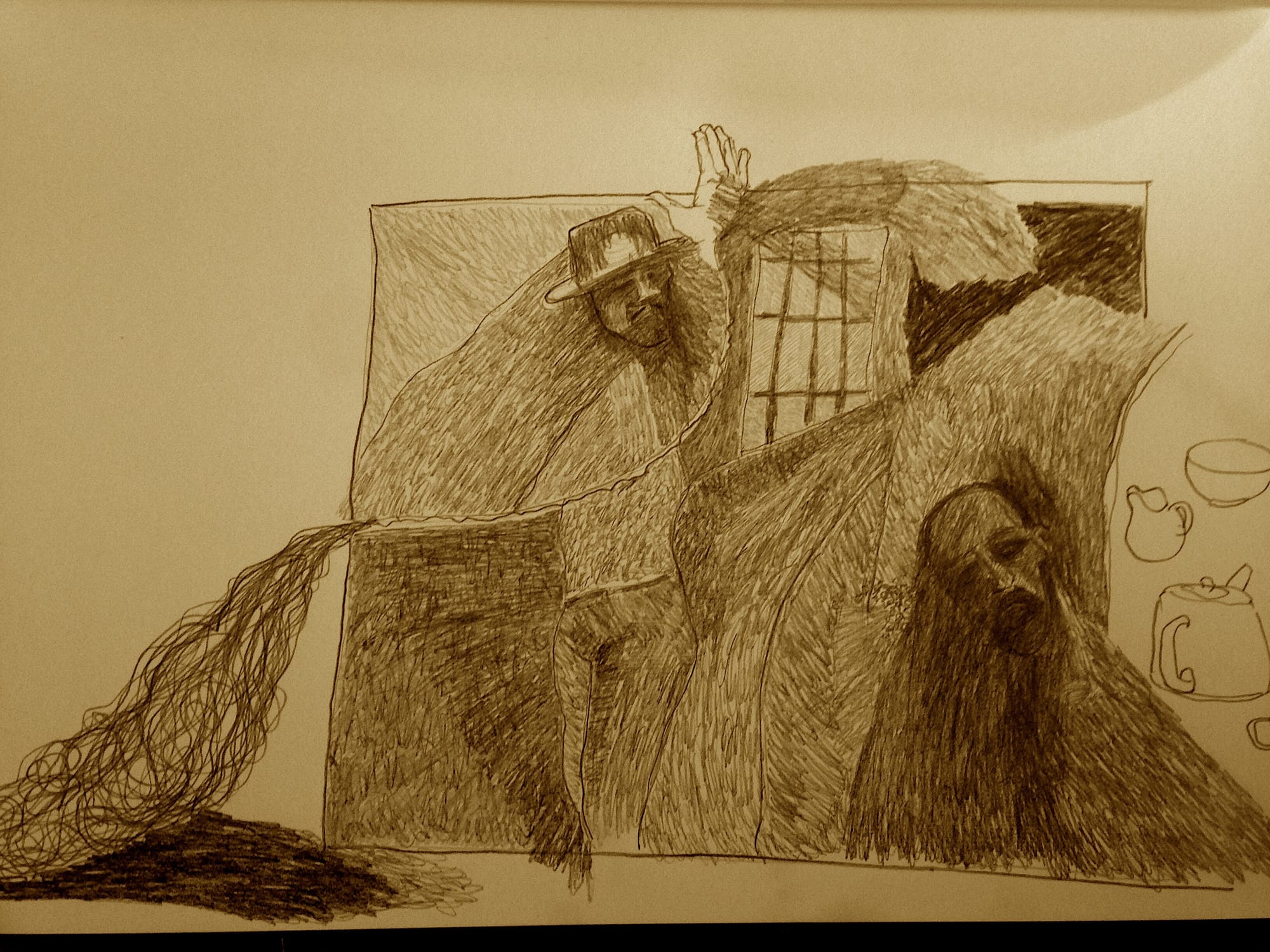Coronavirus pics 46: George Floyd Mereology 7
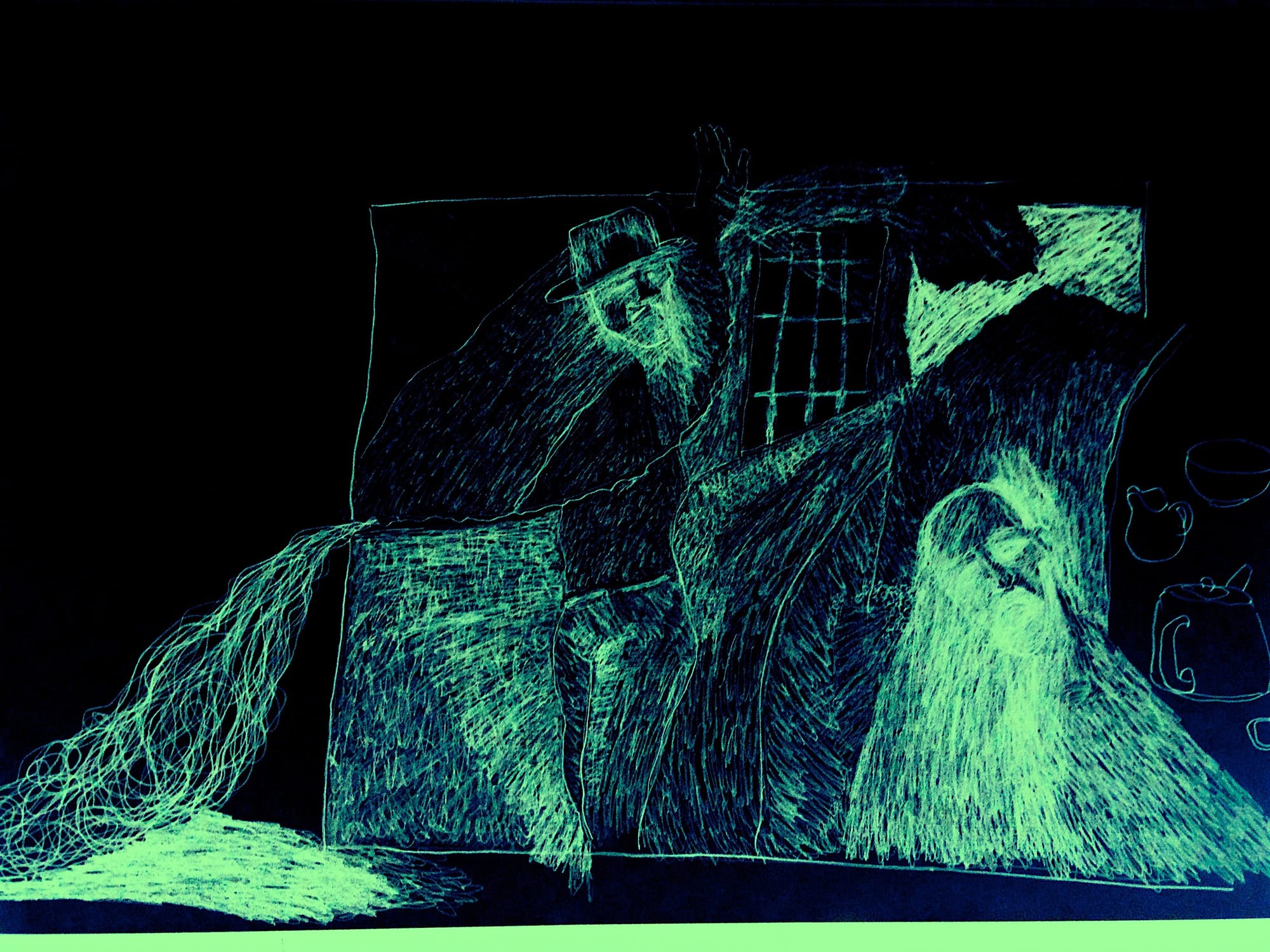
'The rise of Cold War anti-communism had a chilling effect on class-oriented civil rights politics, setting the stage for analyses of racism that divorced prejudice from economic exploitation—the fundamental reason for slavery and Jim Crow. Indeed, this was the era in which racism was recast as a psychological affliction rather than a product of political economy. As McCarthyism receded by the end of the 1950s, however, mainstream black civil rights leaders once again identified economic opportunity for all—decent-paying jobs and social-democratic policies—as essential to racial equality. The black organizers of the 1963 March on Washington for Jobs and Freedom (it is telling that “Jobs and Freedom” are no longer part of collective reflections on the march), [A. Philip] Randolph and Bayard Rustin—both of them socialists—were very clear about this.… This is why the [march’s] demands included not just anti-discrimination measures but a full-employment economy, jobs programs, and a minimum-wage increase.'
Touré F. Reed
